The Threat of Radical Islamism in Northern Africa
Northern Africa has recently seen an upsurge of radical Islamism.

România Internațional, 08.02.2013, 12:43
Two years since the outset of the so-called “Arab spring,” which translated as the demise of long-lasting dictatorships in Arab states, its outcome in Northern Africa and Middle East countries is still unclear. International experts and analysts have noted that in many of these countries people’s disappointment and outrage have often replaced the initial enthusiasm.
The regime changes and transition to democracy in Egypt and Libya, for instance, failed to deliver the expected results. Instead, they paved the way to chaos, violence and social discontent, which facilitated the advent of religious fundamentalism and offered room for manoeuvre to extremist armed groups tied to terrorist organisations. Whereas for a decade now Western superpowers have been focusing on military interventions in Afghanistan and Iraq, Africa, a continent plagued by both poverty and political instability, has gradually turned into a hotbed of Islamist movements.
The recent developments in Mali and Algeria have reminded the international community of the threat of radical Islamism in Northern Africa and the risk of its spilling over to Europe. On January 11, at the request of authorities in the former French colony Mali, Paris launched an air and ground military operation to hinder the southward attack of Islamist armed groups. These factions, of which some had ties with Al-Qaida, had been controlling the northern part of the country for 9 months. Major cities in the north and northeast, like Gao, Tombouctou, or Kidal on the Algerian border, have in the meantime been reclaimed. French president Francois Hollande went to Mali, where he said Paris was not yet at the end of its mission. He added terrorism was pushed back, but not defeated. The French president visited Tombouctou, one of the most severely affected cities, where he condemned the atrocities committed by radical Islamists over the past months in the name of the Islamic law, the Sharia.
The consequences of the events in Mali quickly spread across the border to Algeria, where an unprecedented terrorist attack on a natural gas facility was orchestrated in retaliation to the French intervention. The harsh response of the Algerian authorities, which has been criticised by the West, had tragic consequences: 40 hostages, including 2 Romanians, were killed. Presidential adviser Iulian Chifu speaks about the two developments:
Iulian Chifu: “These are two separate matters, but which in essence are interrelated, because we are talking about an extremely volatile area, the Saharan area, where states are post-colonial, with border areas that are long and hard to control, where terrorists find refuge, store weapons and live. On the other hand, we should not a priori blame the intervention in Algeria. It’s one of the very few regimes that have the capacity to still fight against these radical, extremist groups. It’s a regime that had to make a decision, of whether let the perpetrators leave with the hostages, who would have been later sold on huge prices — and this is a method that eventually leads to new acts of terrorism and more hostage-taking — or take action, brutally although effectively, in order to regain control. Algiers decided it was necessary to use a type of intervention that would prevent any precedent setting, and thus truly discourage all those planning to attack oil or gas facilities.”
The events in Mali and Algiers have prompted EU officials to hold a special meeting in Brussels, where the EU Foreign Ministers approved a mission for the training and reorganization of the Malian army. 500 people from 15 states will participate in this mission, which might turn operational next month. Romania, as an EU member, has decided to take part in this mission. The Supreme Defense Council of Romania has sanctioned the deployment of 10 military in Mali. Bucharest thus wants to reassert its commitment to fighting terrorism and ensuring international security alongside its EU and NATO partners. Some are wondering whether Romania’s decision to take part in the mission is useful, or merely symbolical. Military analyst Ion Petrescu is attempting an answer.
Ion Petrescu: “The ten military that will be send there are useful, because they are instructors and military specialists, and this stands proof of our partners’ appreciation of the Romanian military experience. They are professionals with rich experiences, accumulated as military staff in the three theatres of operations they’ve been to: the former Yugoslav area, Iraq and Afghanistan.”
On the other hand, Paris would like to curb its military participation in Mali starting next month, if the situation on the ground allows it. France and the US have stressed that ensuring Mali’s security, territorial integrity and sovereignty is the responsibility of the African force in Mali, which must be placed under the UN’s authority as soon as possible. This force is due to comprise some 6 thousand military.






























